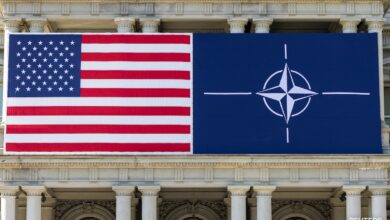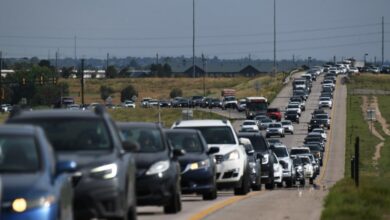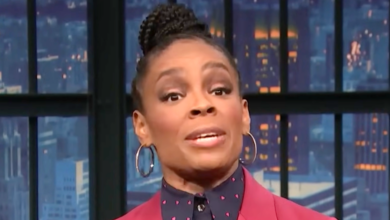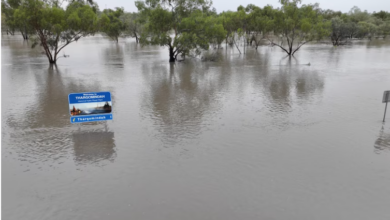Escalating Tensions: Israel and Hezbollah Exchange Fire, Sparking Fears of Regional Conflict

Israel and Hezbollah have ramped up attacks along the northern border of Israel, raising concerns of a broader conflict in the Middle East. The new wave of strikes comes as tensions between Israel and Lebanon-based Hezbollah heighten, leading to international fears of further destabilization in the region.
In recent days, Hezbollah launched several rockets into Israeli territory, prompting retaliatory airstrikes from the Israeli Defense Forces (IDF). The conflict, which stems from Hezbollah’s opposition to Israeli policies and military actions, has been a longstanding source of tension in the region. This escalation is seen as a dangerous turn, especially considering the volatile backdrop of other ongoing conflicts.
Potential for a Wider War
The international community is closely watching, as many fear that the conflict could spread beyond Israel’s borders, pulling neighboring countries into the fray. Experts warn that Hezbollah’s ties to Iran add another layer of complexity. Iran, which supports Hezbollah militarily and financially, could be drawn further into the conflict, potentially sparking a much wider regional war. This would complicate the already fragile situation in the Middle East, involving countries like Syria, Jordan, and Iraq.
Calls for De-escalation
In response to the attacks, global leaders, including those from the United States and United Nations, have urged for de-escalation. Diplomatic efforts are underway to prevent the conflict from spiraling out of control. However, given Hezbollah’s significant military capabilities and Israel’s determination to protect its borders, the path to peace remains uncertain.
As Israel and Hezbollah continue to exchange fire, the world watches with concern, hoping for diplomatic intervention before the conflict widens.





